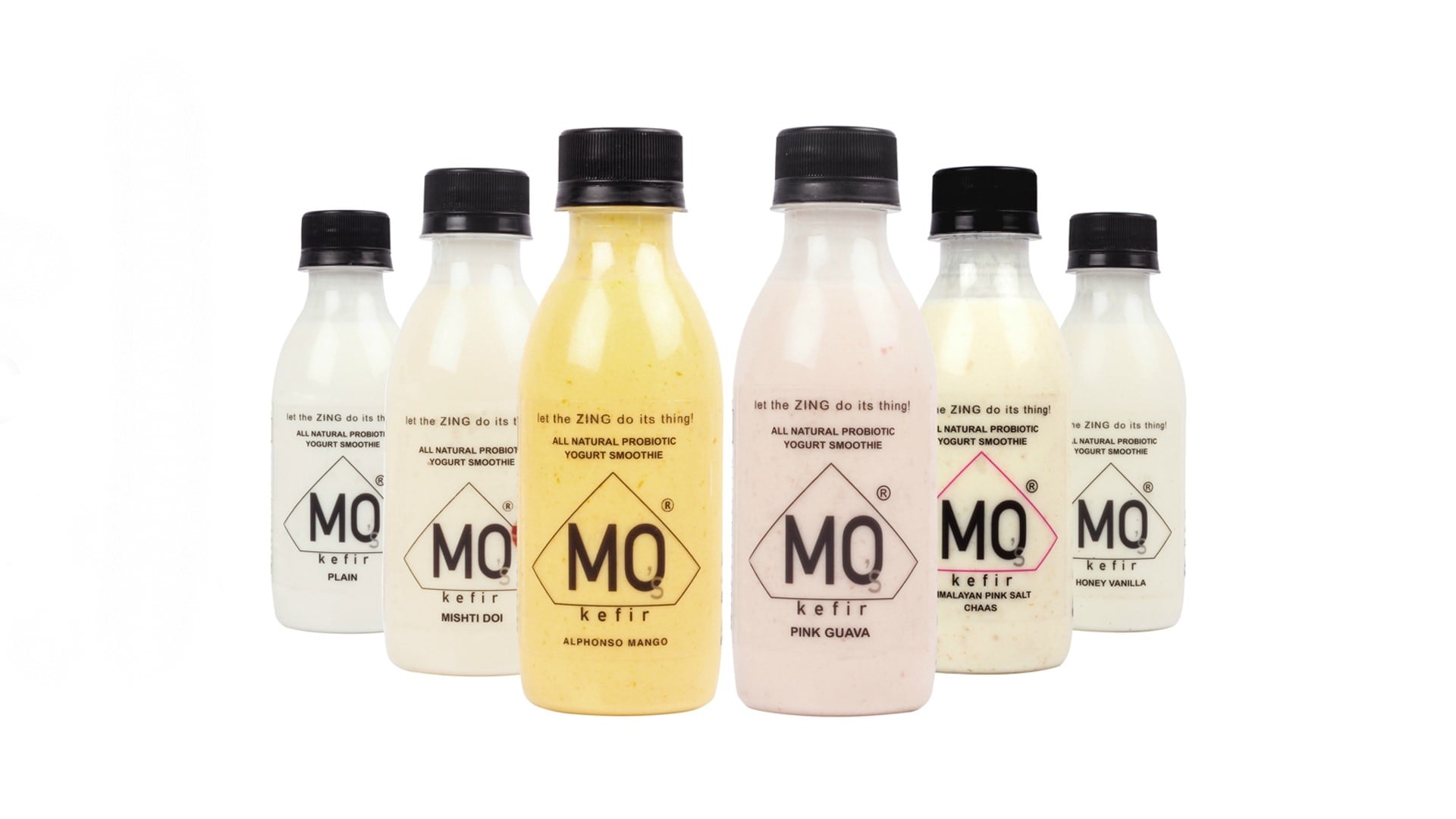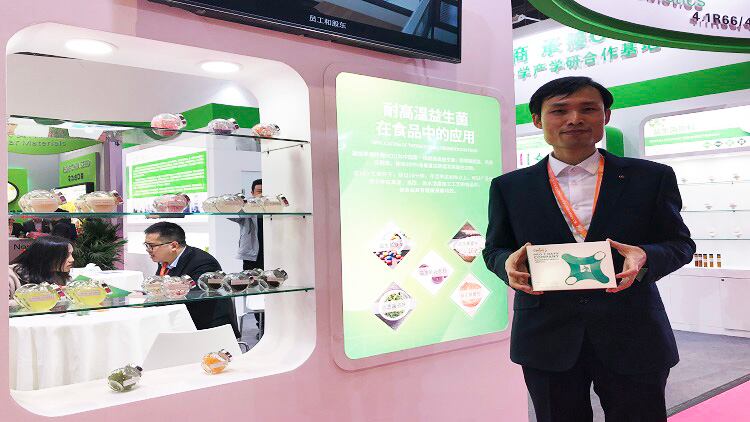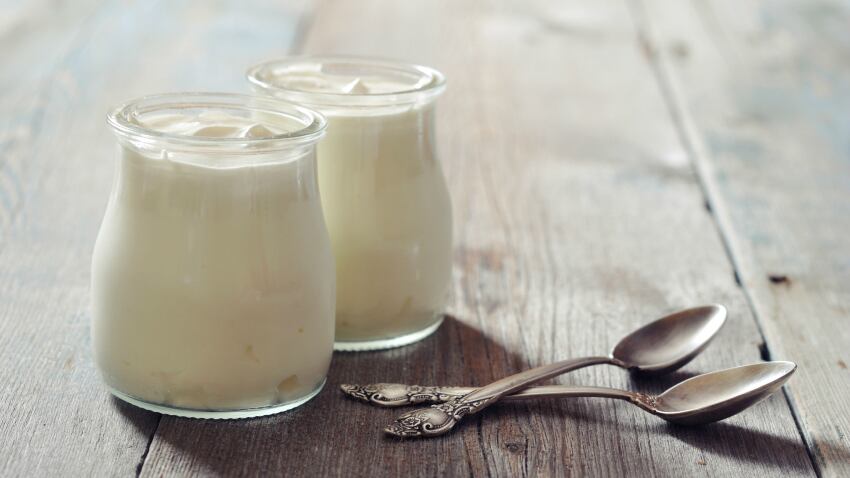Currently, the brand carries a range of kefir beverages in six flavours and kefir cream cheeses in five flavours, as well as coconut oil and black garlic.
The products, which are 99% lactose-free and contain live cultures, were developed with the help of microbiologists, dairy technicians and culture manufacturers to ensure the probiotics were kept alive throughout the products' shelf life.
Founder Moina Oberoi told NutraIngredients-Asia that the company has faced considerable challenges along the way: in addition to repeatedly experimenting with the fermentation process to perfect its kefir formulations, the company has also struggled with distribution.
Distribution dilemma
Currently, the products are sold on Amazon India through Urban Platter, a company that manages a courier delivery system for cold products.
However, the firm is now seeking to get its products stocked at general trade stores not just in Mumbai, but also in Hyderabad, Chennai, and smaller Indian cities.
Oberoi said: "Within a year of the launch of our products in Mumbai, we wanted to look at expanding our distribution. We started speaking to logistics companies but realised they tended to have a minimum distribution volume."
"Our products are fresh and so have a relatively shorter shelf life — they need to be constantly chilled at 5°C and transported in smaller volumes at a higher frequency, which isn't very cost-effective from a distribution standpoint unless there are multiple brands using the service at once.”
Presently, the company is in talks with several potential distributors, though it has not finalised anything yet.
Cultural experimentation
Another painstaking process MO's Superfoods has had to go through is perfecting the formulations for its products, which contain live cultures.
The probiotics segment has been hampered in some developing markets by the inability to maintain live cultures in finished products, leading to consumers seeing no discernible benefits.
Oberoi, however, was determined to go against the grain. She explained: "When it comes to probiotics in fermented foods, there's wild fermentation and monitored fermentation; the latter is required for manufacturing to ensure a more stable finished product.
"When manufacturing products like kombucha or kefir — or anything that contains probiotics — you must make sure you have at least one high-quality culture, and a system that doesn't use any intense heat application.
"A lot of kefir strains are very sensitive to high temperatures, so we needed to understand how the cultures would react to Indian milk from different cities, as each of them had their own microbial characteristics that would affect the fermentation process."
She relied on the expertise of two dairy technicians, an Italian professional who had established multiple dairy production units in other parts of Asia, and a local technician whose knowledge on Indian environmental conditions proved invaluable.
In addition to environmental factors and how the chosen Streptococcaceae strains of bacteria reacted to the kefir, they also had to take into account the taste, texture, mouthfeel and viscosity of the final product.
Oberoi said, "Our process is completely natural — if you leave a bottle of our kefir drink out in the Indian heat for 24 hours, it will produce a 'probiotic champagne spray' when opened.
"This is because the good bacteria are still alive and kicking, which is why good cold chain distribution is crucial to quality probiotic foods."
Formulation reconsideration
Oberoi chose kefir as it contains 40 to 50 strains of bacteria, compared to one to three strains in curd. Kefir is also said to be more beneficial not just for gut health, but immunity and bone density.
Furthermore, it tastes similar to curd, albeit with an added tartness and a lighter consistency.
However, it became apparent within the first month of launching MO's Superfoods that Indian consumers did not appreciate this difference in flavour. They also wanted more flavours in addition to plain kefir.
Oberoi said: "Kefir has a natural sourness I personally love. However, the Indian market grew up on our local curd, which is milder and sweeter. This caused new customers to assume kefir was curd gone bad.
"We very quickly realised we needed to tone down the sourness and give a richer mouthful and viscosity to suit the Indian palate."
This led the company to gather customer feedback by handing out tasting samples at markets and events; eventually, it added five more flavours to its kefir beverage range. These included familiar flavours like mishti doi (based on the eponymous traditional Bengali dessert) and 'aspirational' flavours like honey vanilla and alphonso mango.
The firm then introduced its kefir cream cheeses after more than a year of research. According to Oberoi, lab tests had found MO's Superfoods' cream cheese to contain just 20% of the calories in regular cream cheese.
New lines, new locations
Oberoi believes the "obvious progression" for the company now is to launch a fresh yoghurt line.
"The flavoured yogurts in the current market are extremely processed, with synthetic flavouring and refined sugars. We believe we can develop a great range of natural yoghurts inspired by regional flavours.
"We are also working on a cultured butter. Regular butter is made by churning cream and separating the fat, which is then made into butter.
"We take an additional step, which is to ferment the cream with kefir cultures. This changes the heaviness of the cream and adds probiotics to it."
The firm is also doing R&D on probiotic whey and dairy-free probiotic yoghurts.
In terms of overseas expansion, Oberoi said the company is in talks with a potential partner in Australia, and plans to eventually have an international presence.
"The company approached us last year, as it was impressed by our quality and has the same vision, believing fermented foods will take a leading role in nutrition and become market disrupters.
"As this trend of natural probiotic and fermented foods is accelerating, there is much more product innovation and research to be done worldwide, bringing in opportunity for MO's Superfoods to grow globally using its product development strengths."



